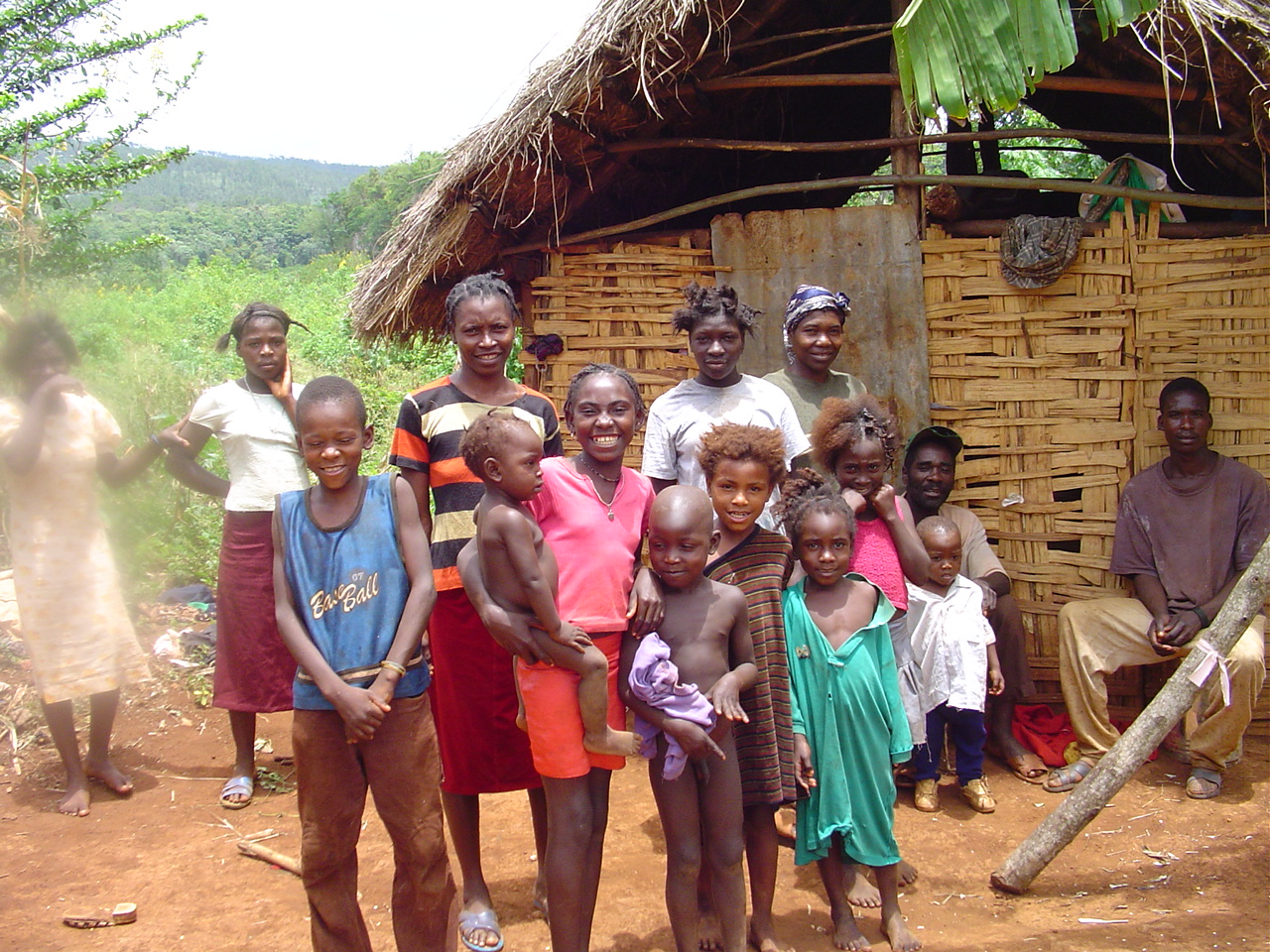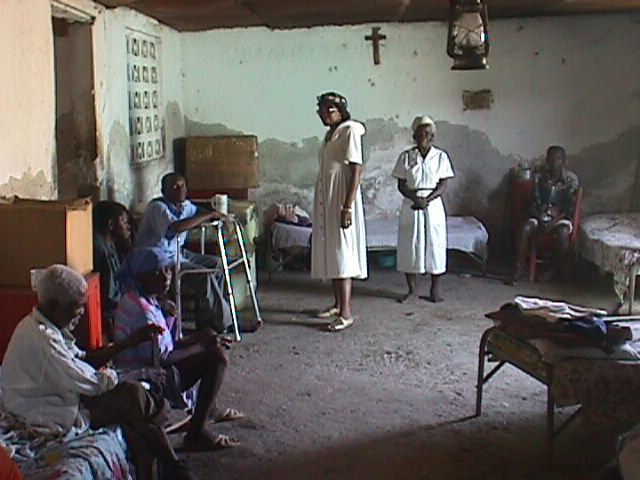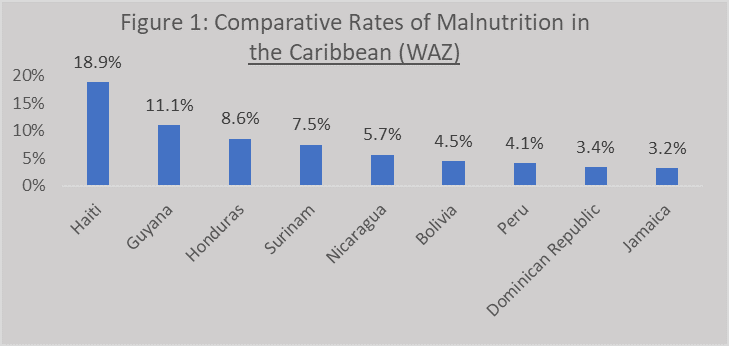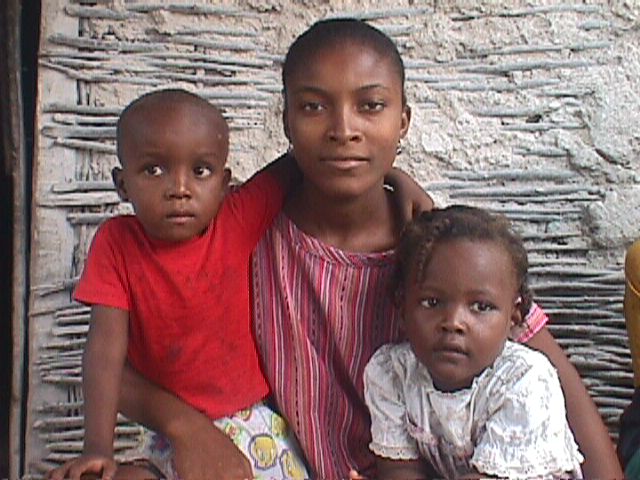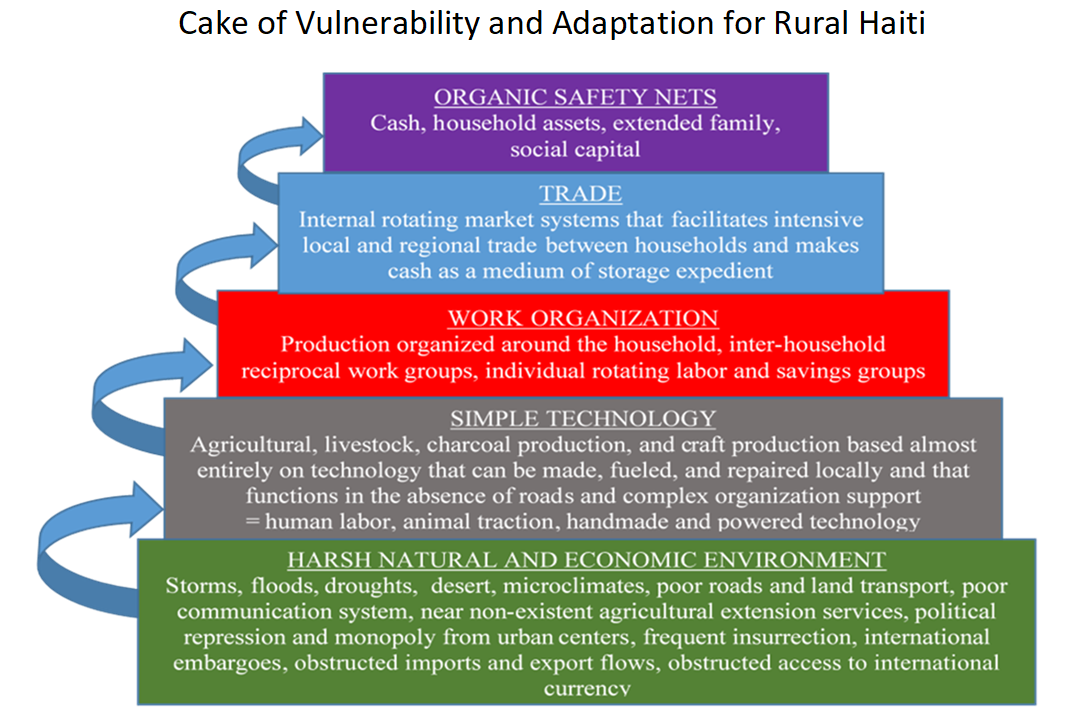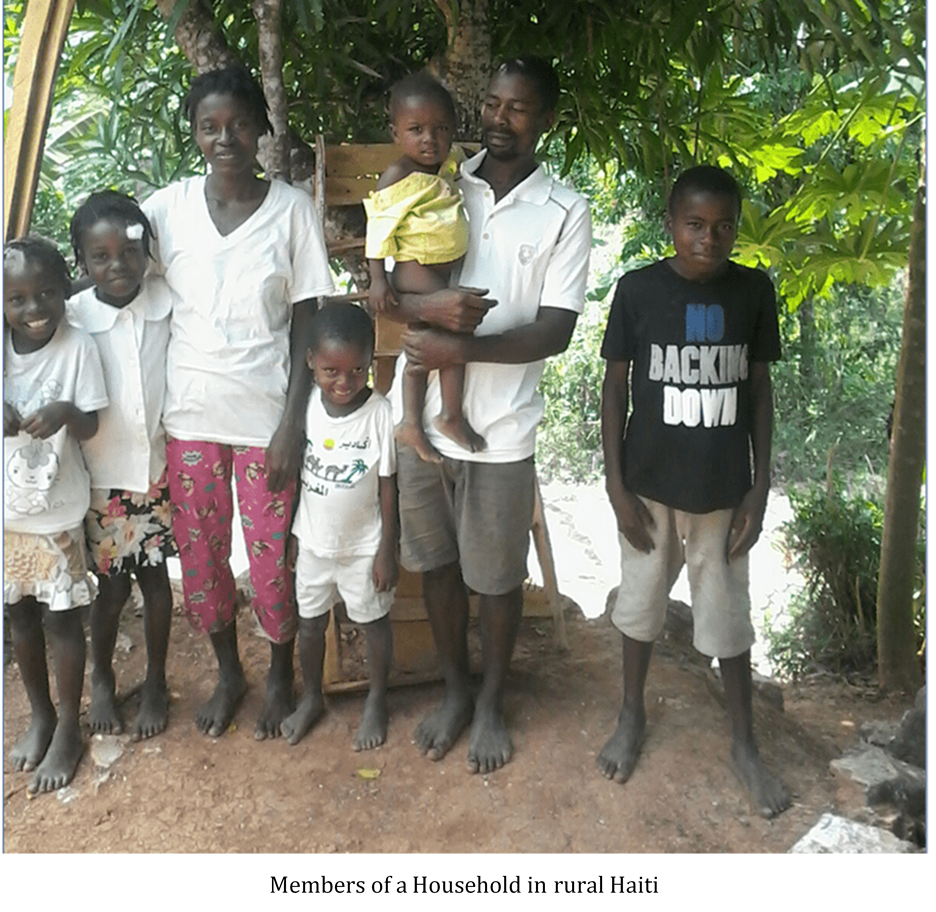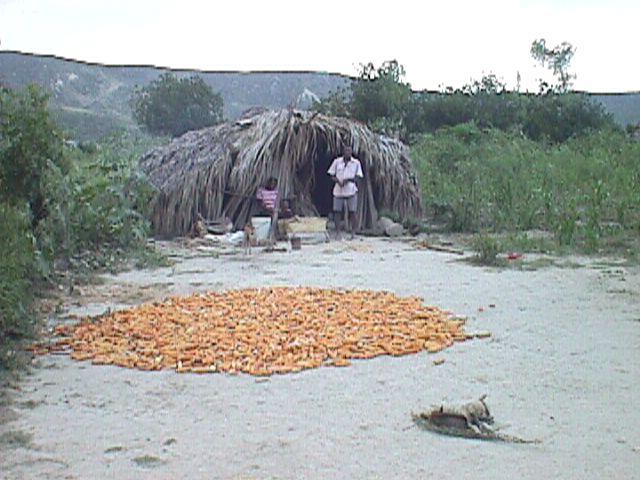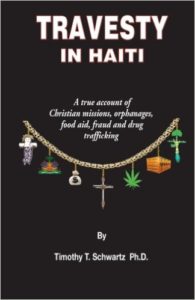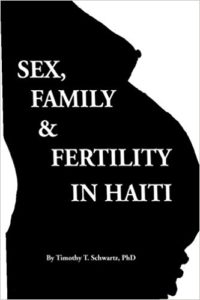Haiti Anthropology Brief: Eighteen Characteristics of Life in Rural Haiti that Every Aid Worker Should Know
For at least the past 50 years Haiti has arguably been the most aided country on the planet, and arguably the country with the most dismal development record. Aid workers typically leave frustrated, not able to understand why rural Haitians will not adopt crops they promote, or the technologies and strategies that seem to soRead More
Haiti Anthropology Brief: Eight Questions About a Welfare System in Haiti
This post deals with the impact of a welfare system in Haiti. USAID, the World Bank, and WFP have proposed a type of welfare system for Haiti’s most vulnerable (see KORE LAVI program). While there are definitively many vulnerable people in Haiti, the idea of an institutionalized safety-net brings up questions that should be addressed. Read More
Haiti Anthropology Brief: Institutional Reactions to Food Scarcity and Nutritional Crisis in Haiti
Going back some 50 years, there have been a series of international interventions meant to blunt the impact of food scarcity and nutritional crisis on impoverished Haitians, particularly mothers and children. The interventions include food aid, feeding strategies, introduction of fortified foods, and promotion of improved cultivars. This article summarizes these interventions, provides a reviewRead More
Anthropological Brief: Understanding Infant Nutritional Challenges in Haiti
Infants in Haiti face an especially daunting set of nutritional challenges. The 1,000 days from conception to a child’s second birthday are the most critical period of a child’s physio-intellectual development. Children who are well nourished during this period become healthier and more intelligent adults who in turn are better able to feed and careRead More
Haiti Anthropology Brief: Cake of Vulnerability and Adaptation to Poverty
Here are a series of diagrams intended to make the prevailing rural Haitian household livelihood strategies easily understandable. The first diagram, above, is what we are calling, “The Cake of Vulnerability.” It is a model reminiscent of Marx’s Infrastructure, Structure and Super-structure description of modern human social organization. Here it is inspired by the moreRead More
Problems with Household as a Unit of Analysis in Haiti
This post deals with defining the concept of a “household” and a member of a household in Haiti. But before launching into an exploration of the problems with the household as a unit of analysis, some readers may be more interested in other topics regarding household studies in Haiti and can refer to these posts:Read More
Adapting to Hunger in Haiti: Socialization for Scarcity
I have added this article specifically for the many aid workers who come to help in Haiti but are unaware of the highly patterned and logical strategies of survival that can be summarized under the rubric, “Socialization for Scarcity.” On the one hand, aid workers often mistakenly interpret rural Haitian individuals and households to beRead More
